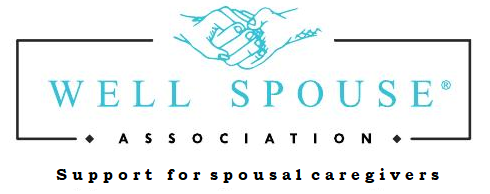I have the right . . .
- To take care of myself. This is not an act of selfishness.
- To seek help from others even though my family may object. I recognize the limits of my own endurance and strength.
- To maintain facets of my own life, that do not include the person I care for, just as I would if he or she were healthy.
- To feel and express my own emotions, even difficult ones such as sadness, fear and anger.
- To reject any attempts by my loved ones (conscious or unconscious) to manipulate me through guilt.
- To expect the consideration, affection, forgiveness, and acceptance, which I demonstrate in my caregiving, to be reciprocated by my ill spouse.
- To take pride in the endurance and strength I have shown in meeting my ill spouse's needs.
- To protect my individuality and my right to make a life for myself that will sustain me now and when my loved one no longer needs my help.
- To seek emotional support by participating in Well Spouse activities.
- To expect and demand that as strides are made to provide assistance to those who are ill and disabled, similar strides will be made towards aiding and supporting spousal caregivers.
*This material has been adapted, with spousal references, from the AARP book "Caregiving:Helping an Aged Loved One" by Jo Horme, and by Peggy Meisel's WSA original.
Well Spouse Association is a national, nonprofit support organization for spousal caregivers. For membership information, please visit www.wellspouse.org, Email

Follow us on